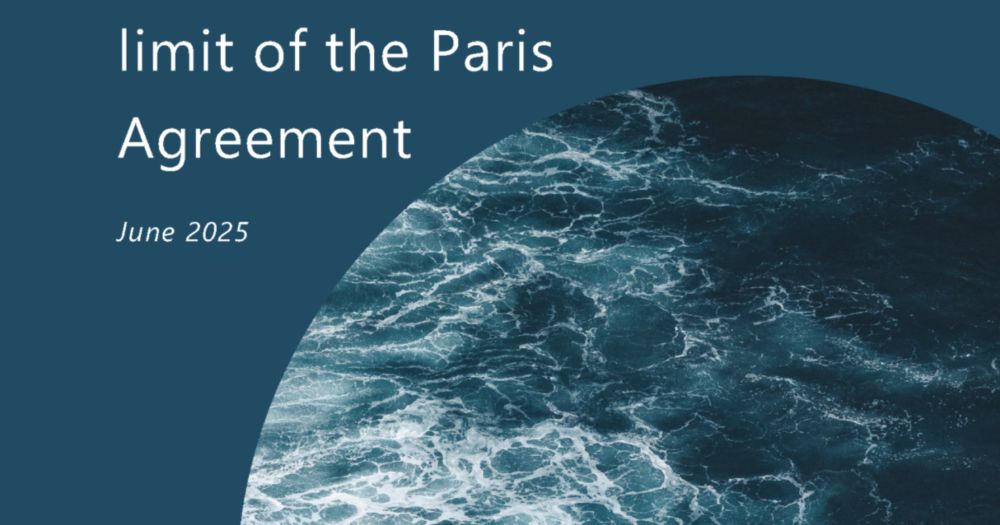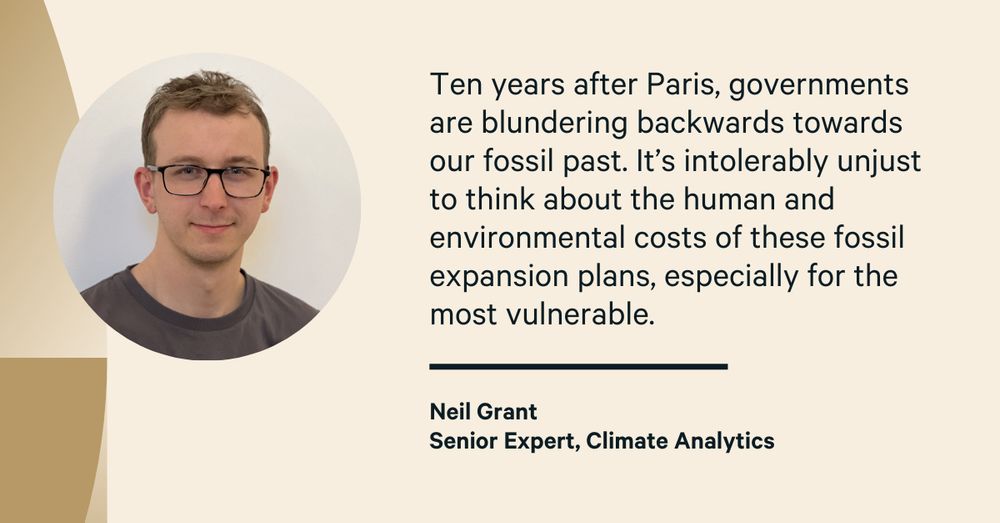Climate Analytics
@climateanalytics.org
11K followers
2.7K following
830 posts
Global climate science and policy institute working to accelerate climate action and keep warming below 1.5°C.
Posts
Media
Videos
Starter Packs
Pinned
Climate Analytics
@climateanalytics.org
· Jun 30

Latest science on the 1.5°C limit of the Paris Agreement
This briefing provides a comprehensive overview of what the science is saying now about the 1.5°C warming limit – what it means, what is at stake, and what actions are needed to limit the risks of ove...
climateanalytics.org
Reposted by Climate Analytics
Reposted by Climate Analytics
Reposted by Climate Analytics
Reposted by Climate Analytics
Reposted by Climate Analytics
Reposted by Climate Analytics
Reposted by Climate Analytics
























